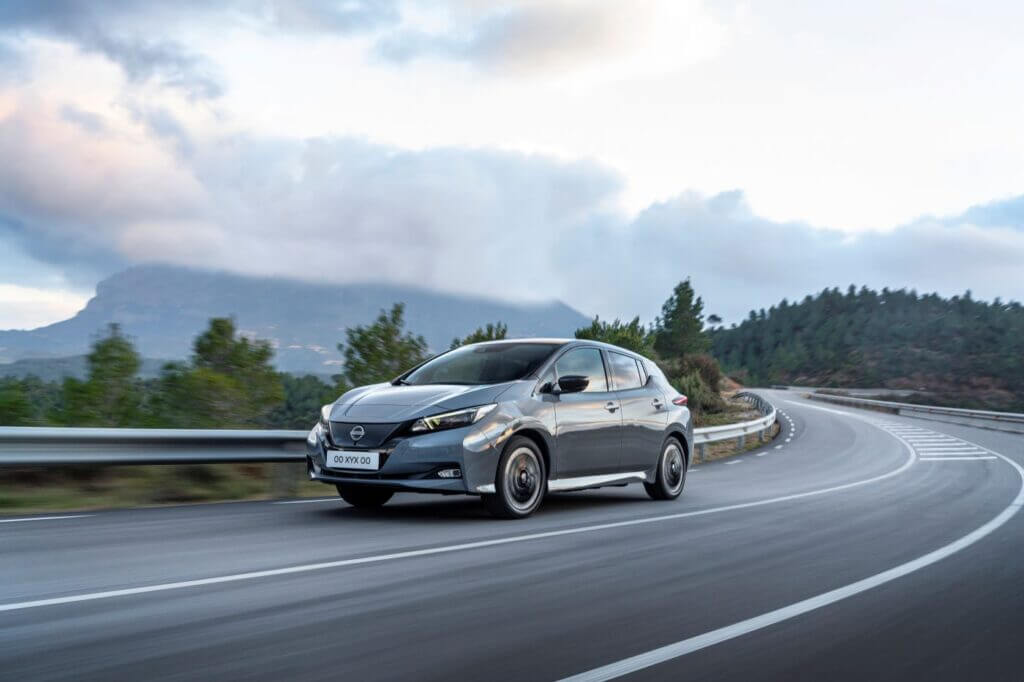Common car scams
Regardless of age or experience, anyone can fall victim to car scams. However, with the right knowledge, you can protect yourself from these fraudsters. Here are some common car scams which you need to be aware of:
Fake insurance and ghost brokers
Fake insurers or ghost brokers claim to be legitimate companies, but really, they sell fake or forged insurance policies that are invalidated by misinformation. In some cases, fake insurers will set up a genuine insurance policy, cancel it, keep the refund, and leave the victim unaware.
Typically, this car scam targets new and young drivers by offering highly discounted insurance deals.
How to detect fake insurers
Fake insurers or brokers typically place adverts on social media, student forums and websites, money-saving and cheap insurance forums, and even on university notice boards. Some ghost brokers will even approach people (typically students) in person.
If you’re approached for an insurance policy in any of those ways, be extra cautious and check their details. If they don’t have a website or they only use email or a mobile phone for contact, do not buy the insurance.
How to avoid ghost brokers
To avoid this car scam, you should get your car insurance from a branded insurer or use well-known comparison sites to generate the best possible deals. You can also check insurance brokers at the British Insurance Brokers’ Association to see if they are authorised and legitimate. Remember, if it sounds too good to be true, it probably is.
DVLA scams
This phishing scam involves a fraudster posing as the DVLA or another official body such as GOV.UK.
As part of this car buying scam, motorists will be sent fake emails and texts claiming to be from these official bodies. These emails and texts will offer you an outstanding refund on car tax (or something similar) and it will include a link, or make a request for personal details, including contact and banking information.
The fraudsters will use your information to take your money, and in some cases, for identity theft.
How to detect ‘DVLA’ scams
Fake emails and texts can be very realistic, however, you can avoid this car buying scam simply by being aware of the fact that the DVLA and GOV.UK will never operate in this way. These fake communications are likely to have a non-personalised greeting and are likely to come from an email, which on closer inspection, is not the official body’s genuine email address.
How to avoid ‘DVLA’ scams
The DVLA and GOV.UK will never send you communications asking you to confirm your identity or provide banking details. If you are ever the recipient of such communications, delete them.
Rip-off mechanics
The majority of garages and mechanics wouldn’t dream of overcharging or ripping off their customers. However, this car scam sees some mechanics or garages charging for parts, labour, or adding unnecessary MOT faults to drive up the cost.
How to detect rip-off mechanics
This scam can be hard to spot unless you have some in-depth car knowledge. However, if you get hit with new, unsuspecting faults, or expensive parts and labour every time you visit the garage, the alarm bells should be ringing.
How to avoid rip-off mechanics
To avoid this you should only use approved garages. It’s also best practice to do some background research into these garages and assess customer reviews, and their accreditations and awards. When they come to work on your car, get them to explain what they are repairing and why, and what parts they are using.
Fake websites for licence renewals
In the UK, drivers have to renew their photocard licence every 10 years, whether in person at the Post Office or online at the DVLA. However, scammers have tried to take advantage of those who renew online by creating fake websites. These appear similar in name and layout to the official sites for renewing your photocard licence.
If you submit your personal information and bank details to these sites, the fraudsters can do a lot of financial damage.
How to detect fake licence renewal websites
When renewing your driver’s licence, make sure the website has the legitimate web address of the DVLA or Post Office. Also, be wary of any site that asks for information that is not relevant to your car, such as your mother’s maiden name or how long you’ve lived in your house.
How to avoid fake licence renewal websites
To avoid this car scam, go through the official channels linked above to renew your photocard licence. Alternatively, you can visit the Post Office to get it renewed.
Induced accident scams
Also known as crash for cash scams, this car scam is a type of motor insurance fraud that involves the fraudster purposefully causing an accident that you’ll get blamed for. You will lose your no-claims bonus, your premiums will go up, and the scammers will make inflated claims against you to get away with more money.
There are many variations of this car scam. One sees the criminal flash their lights to let you by, only to drive into you claiming they never flashed at all and you just pulled out. Another induced accident scam sees the fraudster suddenly braking so you go into the back of them.
How to detect cash for crash scams
Look out for cars that are driving unusually, or speeding up and slowing down to try to get people close to the back of them. With induced accident scams, there may be more than one car and scammer involved and they may try to signal to one another. There could be a too-convenient witness as well, who is in on it and who just so happened to see it was “all your fault”.
How to avoid cash for crash scams
It’s essential to keep your braking distance whilst driving. A dashcam is invaluable here too, as it can show the truth of the situation. Should the unfortunate happen and you get into an accident, if you think it was suspicious call the police and don’t admit liability.



